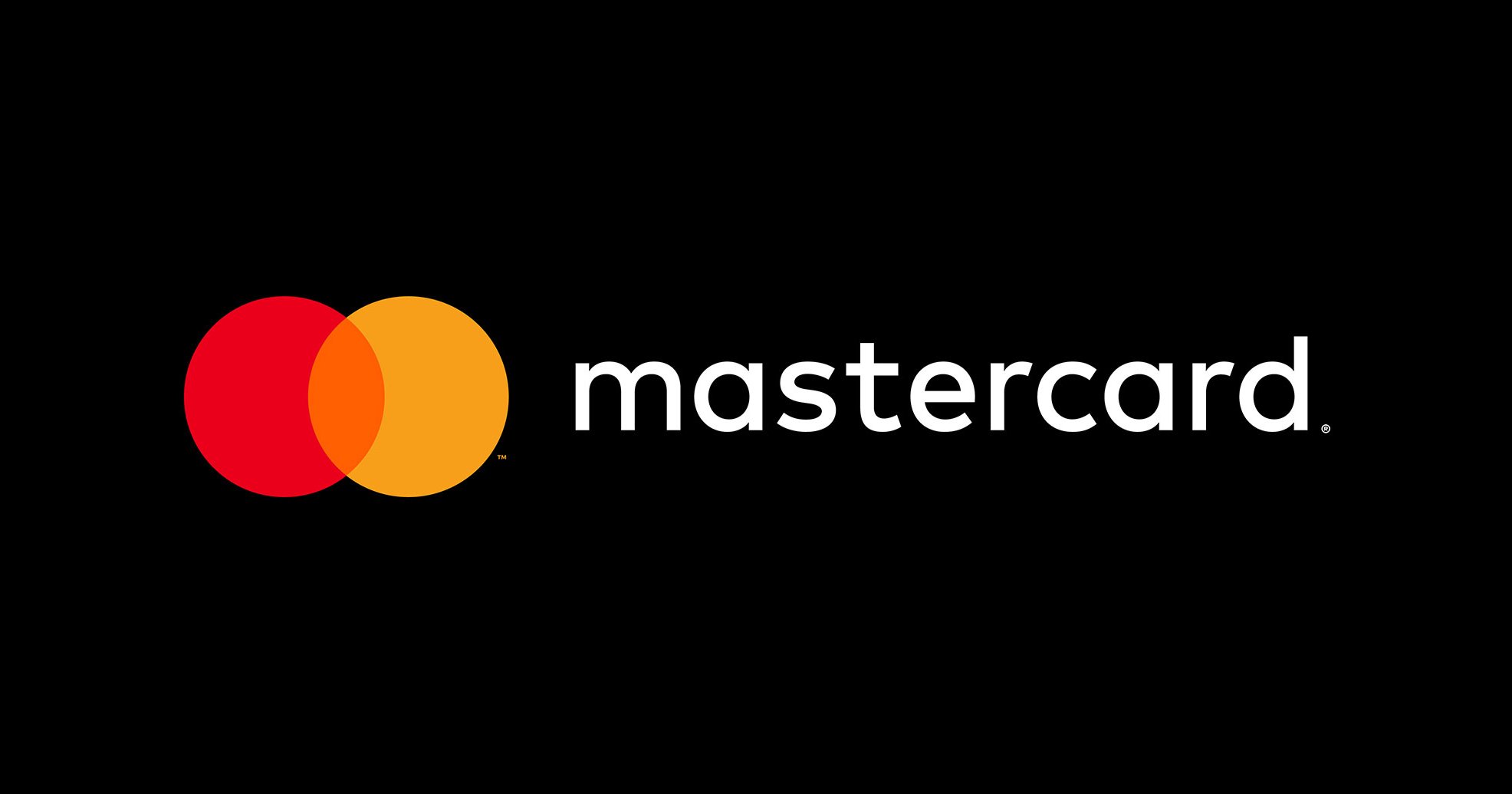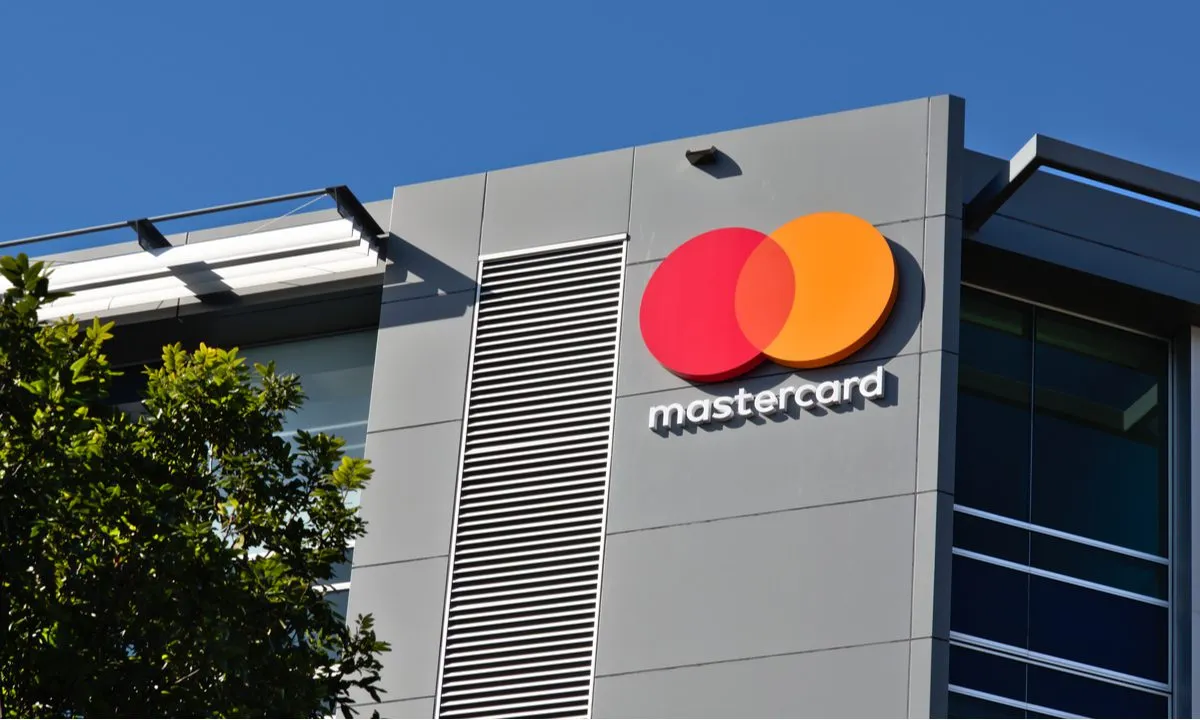Mastercard Inc. has revised its full-year revenue growth forecast downward, citing foreign-exchange challenges beyond its control, as spending on the payments giant’s network in the first quarter fell short of expectations.
Chief Financial Officer Sachin Mehra explained that the company anticipates net revenue growth to be at the lower end of low double digits for 2024, compared to the previous guidance targeting growth at the higher end of low double digits.
Mehra attributed this adjustment to the recent appreciation of the US dollar, highlighting currency exchange as a significant headwind during a conference call with analysts.
Mehra emphasized that while some factors are within the company’s control, foreign-exchange fluctuations pose challenges that are beyond their influence. He mentioned that Mastercard would adapt its outlook accordingly if circumstances change.

Excluding acquisitions and on a currency-neutral basis, the guidance for net revenue remains consistent with the prior forecast, with growth expected at the higher end of low double digits.
Shares of the company, headquartered in Purchase, New York, experienced a 0.9% decline in New York trading, as of 12:13 p.m. Despite this, they had seen a 5.8% increase in value this year through Tuesday.
Although total network spending volume climbed 8.6% year-over-year to $2.29 trillion, it fell short of estimates pegged at $2.32 trillion. Nonetheless, adjusted earnings for the first quarter reached $3.31 per share.
Mastercard’s CEO, Michael Miebach, highlighted the company’s positive momentum in a statement, noting robust revenue and earnings growth driven by healthy consumer spending and strong cross-border volume growth of 18% year-over-year, along with new deal wins across all regions.

Similarly, rival Visa Inc. exceeded earnings expectations, reporting adjusted net income of $5.1 billion for the first quarter as spending increased. Meanwhile, American Express Co. observed an 11% revenue surge during the period.
Notably, Mastercard and Visa recently reached one of the largest antitrust settlements, agreeing to cap credit-card interchange fees and permit merchants to charge customers more for using specific cards, as well as implement pricing strategies to steer consumers away from higher-cost cards.
This agreement, subject to court approval, is expected to deliver significant savings to merchants over the next five years, estimated at least $30 billion.







Leave a Reply